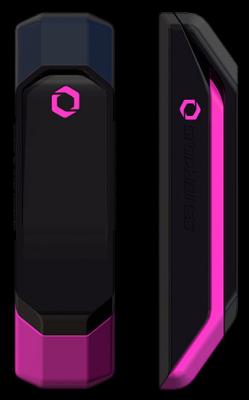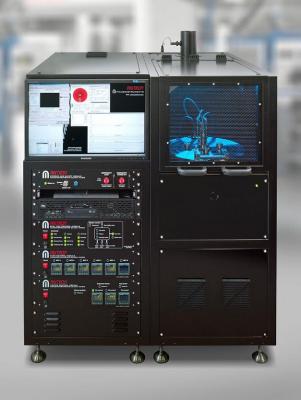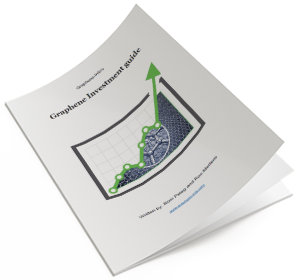Graphenano and Grabat launch graphene-based batteries
The Spanish Graphenano recently introduced, together with its Chinese partner Chint, graphene polymer batteries that reportedly allow for a range of 800 kilometers in electric vehicles and can be charged in a few minutes. The batteries are meant for domestic use, in the automotive sector (both cars and bicycles), drones or even pacemakers.

The batteries are supposed to be manufactured in Yecla (Murcia), Spain, and the companies hope to have operational prototypes in mid-2016 and commercial batteries at the end of this year. The batteries are said to have a density of 1,000 Wh / kg and a voltage of 2,3V. Independent analyses by TÃV and Dekra show that the batteries are safe and are not prone to explosions like lithium batteries.


